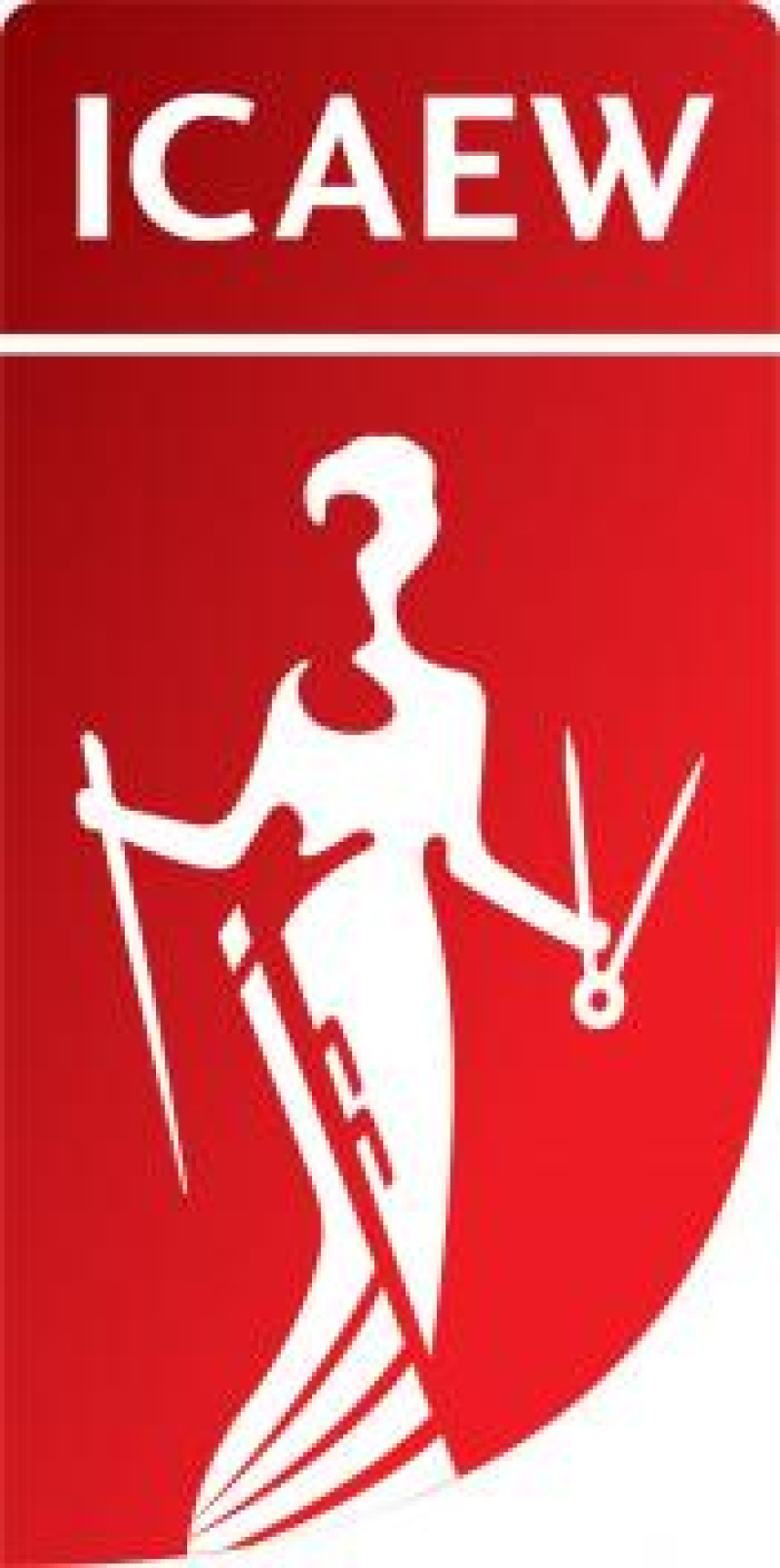In last week’s ruling, the Supreme Court dismissed Prudential’s appeal and said LAP could not be extended to cover tax advice provided by accountants.

But it seems that the jubilation displayed by some law firms following the Prudential decision is premature, as a number of tax heads are telling International Tax Review that LAP is no longer of much importance when selecting advisers.
“I think [Prudential] is unlikely to have a major effect on who we take advice from,” said Glyn Fullelove, group tax director at Informa.
“Most corporates do not undertake tax planning expecting to hide advice behind privilege. Broadly, if privilege is that important to tax planning, I think you should be asking if you should be doing it in the first place,” he added.
Era of transparency
The consensus of taxpayers is that multinational groups should no longer be doing transactions that might rely on LAP as we move into an era of greater transparency between taxpayers and HM Revenue & Customs.
One group-tax director of a FTSE 100 company, who wished to remain anonymous, said that 10 years ago there were a lot more groups doing transactions that might have been tax-motivated avoidance-type transactions, but that FTSE 100 companies should not be undertaking such transactions today.
“My view on this is that if you have a choice of alternatives and are doing a transaction that minimises tax liability, you need to be sure the tax aspects of the transaction will stand up to the scrutiny it is likely to face in the current climate,” said the tax director.
“HMRC needs to have access to all of the same information as you have if it is to decide whether the transaction is acceptable. When you go into discussion with HMRC you want to be transparent, whereas it might look like you are embarrassed by the transaction or unsure about it if you are hiding information behind the veil of LAP,” he added.
Taxpayers have said that if a transaction is under investigation by HMRC, it is better to fully detail the counsel that was sought and the reason for adopting a particular position, to enable an open discussion of the facts.
There is also a possibility that withholding documents from HMRC on the grounds that they are privileged may make HMRC take a more aggressive approach by rousing suspicion the taxpayer is hiding something.

Another FTSE 100 head of tax agrees that LAP was important when tax avoidance schemes were more broadly implemented but not so much anymore.
“I am actually more concerned about the GAAR coming in as it worries me that if you do anything that gives you a tax advantage you may have to seek advice as to whether it will be caught by the GAAR,” said the tax head.
“Once the GAAR is in force, even for a small issue, someone internally will probably say you had better seek advice for whether the GAAR applies to that and I suppose if you went with accountants you would be more likely to have to disclose to HMRC that you had sought that advice, which could potentially make HMRC consider GAAR if they weren’t previously,” they added.
Can LAP help multinationals?
Some taxpayers argue that LAP is of little benefit to multinationals in any case.
If HMRC has a strong motivation to pursue a particular transaction, it can invoke fairly broad information gathering powers which could effectively render LAP useless.
There is debate over whether multinationals would waive their right to LAP if they receive privileged advice from a lawyer but then go on to circulate and discuss that advice through internal emails and other communications.
“For example, you could have an email between the taxpayer and their lawyer which is protected by LAP but there are questions over when that LAP is broken,” said another tax director.
“If, for instance - as will often happen in multinationals where colleagues in different locations have to communicate on an issue - the tax director then passes the email on internally to a colleague and so on, then the LAP can be lost. And if HMRC is really determined to investigate a particular transaction, it would be able to request to see all internal emails on a particular matter anyway,” they added.
To ensure LAP is protected, taxpayers can refrain from forwarding such email communications internally, try to meet their lawyers for face to face advice more regularly and also avoid commenting in writing on the strengths and weaknesses of a position unless it is later raised in litigation.
Fullelove said he has always employed the services of accountancy firms with the assumption they do not have LAP and there are very few circumstances now where he would go to a law firm over an accountancy firm because it could offer LAP.
“The only practical implication I could think of is when we have had advice from accountants on a major transaction or a tricky area, there will usually be two or three major points which we know and expect to involve lots of discussion with HMRC. Then, there might be some additional advice concerning other things that might – but are unlikely to – come up, which have often been included merely to cover the accountancy firm’s back,” said Fullelove.
“Although HMRC may have considered a number of these issues by itself, you would not really want to put HMRC into a position where it feels there are additional things it has to look into, particularly as they are unlikely to affect the ultimate outcome and merely waste time. So it is that marginal material which you would ideally not disclose,” he added.
Taxpayers working with accountancy firms could discuss the possibility of merely referencing additional marginal issues rather than detailing them in the documentation.
Though this may mean the taxpayer would need to accept the possibility of not being covered if such an issue did arise, otherwise accounting firms may be reluctant to omit the information.
Parliament

Ian Brimicombe, AstraZeneca’s head of group tax, believes the Supreme Court made the right decision in Prudential based on current law, but said Parliament may still revisit the position to permit accounting firms and other professionals to provide advice under LAP.
“From a taxpayer’s perspective this would open up the advisory market, making it more competitive and reflecting the reality of how companies would like to access professional advice,” said Brimicombe.
Given that two Supreme Court judges gave a dissenting opinion and the majority opinion mentioned that any extension of LAP to non-lawyers would be a policy question for Parliament to consider, amendments to the law in this area are a possibility.
There is also uncertainty as to whether advice of non-lawyer professionals acting under the supervision of lawyers in multi-disciplinary partnerships set up following the Legal Services Act 2007 may be privileged, and this is something Parliament may need to address.
And though taxpayer views ought to abate accountants’ fears they will be at a competitive disadvantage compared with law firms, it seems The Institute of Chartered Accountants in England and Wales (ICAEW) is still determined to make Parliament revisit the statute.
“The current position is unprincipled and anti-competitive for individuals and businesses, who we believe should be able to seek the best professional advice upon the same terms whether from lawyers, accountants or indeed other appropriately qualified professionals,” said Michael Izza, CEO of ICAEW.
“The way in which legal services are provided is changing as a result of the Legal Services Act with the creation of multi-disciplinary practices. As a matter of urgency, Parliament needs to find a way to resolve how issues such as LAP are addressed within these new structures,” he added.










